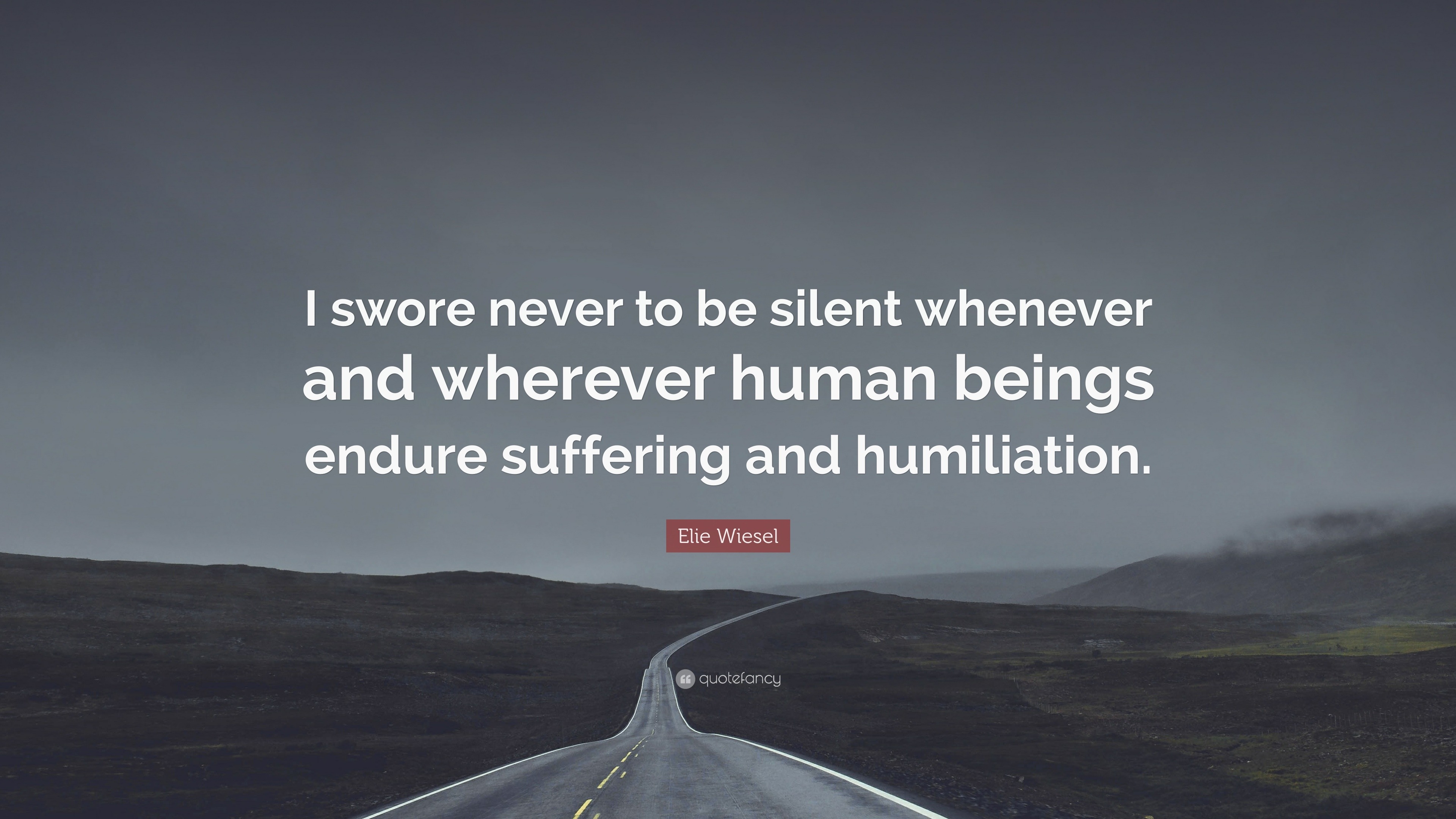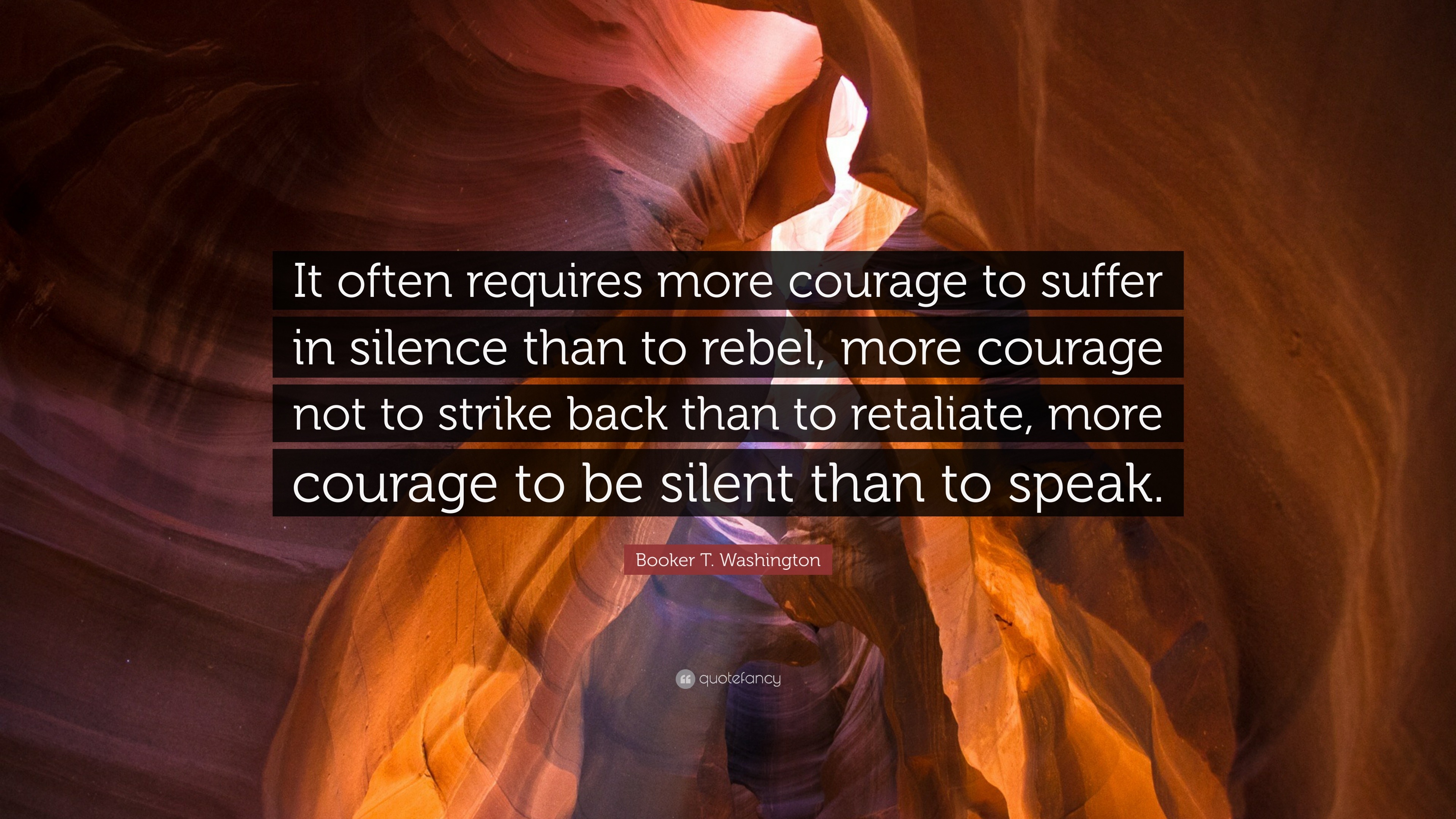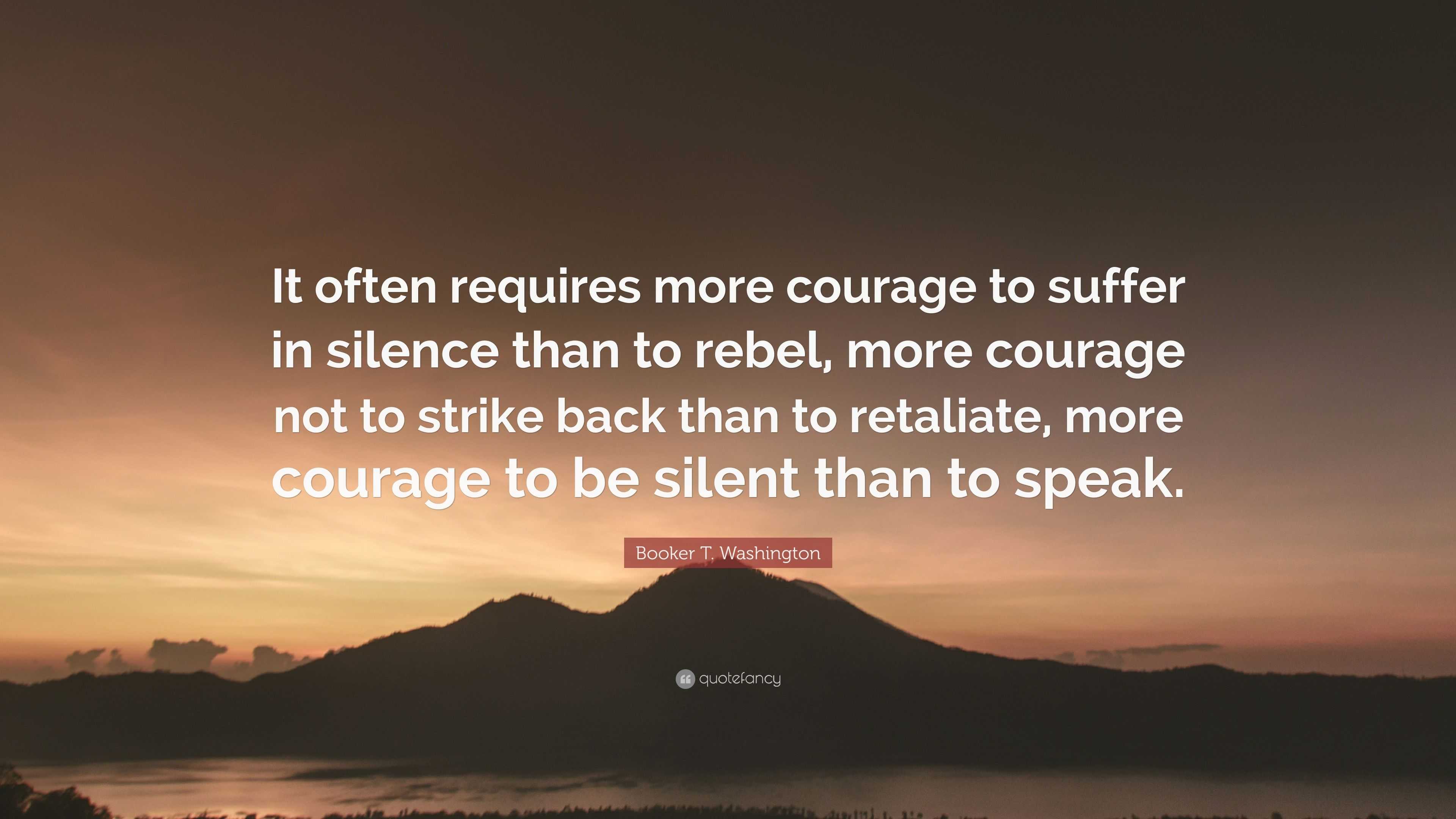


It pushes us to seek solitude, away from our loved ones, our community, even our God. The nature of human suffering is that it divides, it isolates. These words affirm the most comforting thing we humans can offer to an aching friend: company. Mourn with those who mourn, weep with those who weep (Rom. Often the only thing we can do is be present with those in sorrow. Sometimes mere words, no matter how heartfelt, cannot mitigate pain. Sometimes Scripture and prayer can bring comfort in a way that truly nothing else can, but not always. Behind their ears a small incision has been made the blood drips slowly through this incision and through the nose and mouth…Prayer does nothing to alleviate suffering” (255).įerreira is wrong, but not wholly. But prayer did nothing to alleviate their suffering. Ferreira describes how he was forced to watch his congregation bleed: “I did pray. Toward the end of his imprisonment, Rodrigues is confronted by an old mentor, Father Ferreira, who apostatized during extreme torture and began working for his persecutors to demoralize Japanese believers. In this moment of mental distress, Rodrigues cries out to the Lord for peace, but receives no answer. ‘Lord, why are you silent? Why are you always silent…?’ (140-141). Violently he shook his head trying to control the ugly imaginings and the words rose up to his throat like nausea… Repeating the prayer again and again he tried wildly to distract his attention but the prayer could not tranquilize his agonized heart. Endo writes,Ī terrible anguish rose up in his breast. While in prison, Rodrigues faces an onslaught of psychological torment. Human suffering extends beyond the truth we know in our minds. Similarly, when we attempt to comfort a friend who has lost a loved one with the phrase, “They’re in a better place now,” in a way, we miss the glaring reality: a gaping hole has been left on earth. Here, Endo accesses the crux of our human experience of suffering: even while we know that ‘the blood of the martyrs is the seed of the Church’ ( Apologeticus, Chapter 50, Tertullian), we must still grieve the lives lost. And yet, why does this feeling of grief remain in my heart? (60).
SUFFER IN SILENCE QUOTE TRIAL
It was a stone which in time will be the foundation of the Church and the Lord never gives us a trial which we cannot overcome… Like the numerous Japanese martyrs who have gone before, they now enjoy everlasting happiness.’ I also, of course, am convinced of all this. Endo addresses this desperate need to find meaning in our misery, as Rodrigues reflects on the martyrdom of two men from his congregation:īut I know what you will say: ‘Their death was not meaningless. If we can find a reason for the pain, we can prove God is still sovereign and that He is still good. After all, the Apostle Paul told the persecuted church in Rome that “all things work together for good” (Rom. When he tries to reconcile the torment they endure with God’s silence, Rodrigues continuously returns to asking God ‘why.’ He cannot understand God’s seeming neglect of His children, let alone His refusal to speak to them.Īs Christians, when we witness injustice and abuse we fight to decipher a reason for it.

…twenty years have passed since the persecution broke out the black soil of Japan has been filled with the lament of so many Christians the red blood of priests has flowed profusely…and in the face of this terrible and merciless sacrifice offered up to Him, God has remained silent (55).Īfter a man in his congregation asks what evil they committed to deserve such severe persecution, Rodrigues writes, “I know that the day will come when we will clearly understand why this persecution with all its sufferings has been bestowed upon us-for everything that Our Lord does is for our good…Why has Our Lord imposed this torture and this persecution on poor Japanese peasants?” (54). His contentions with God embody our human fears of meaningless and loneliness. The main character, Padre Sebastian Rodrigues, wrestles with God throughout the novel. They question God’s love and His goodness. As the priests witness the torture of their Japanese congregations by government officials, who urge them to publicly renounce Christ, they are forced to question God’s apparent absence and silence toward their oppression. Set in seventeenth-century Japan, two Portuguese Jesuit priests travel to remote villages, encouraging small gatherings of persecuted Christians.

In his New York Times bestselling novel, Silence, Shusaku Endo confronts our tension with God’s response to human suffering, facing the raw questions we often choose to ignore because we lack adequate answers.


 0 kommentar(er)
0 kommentar(er)
